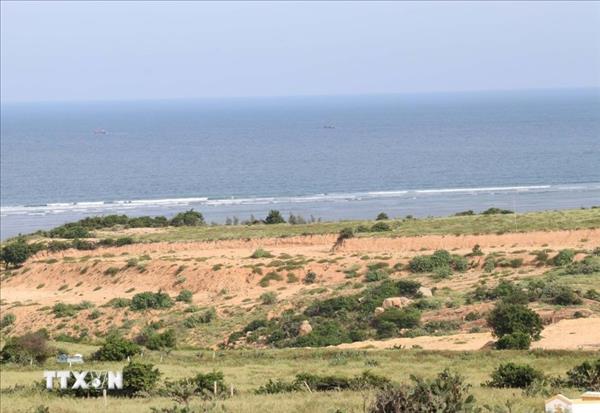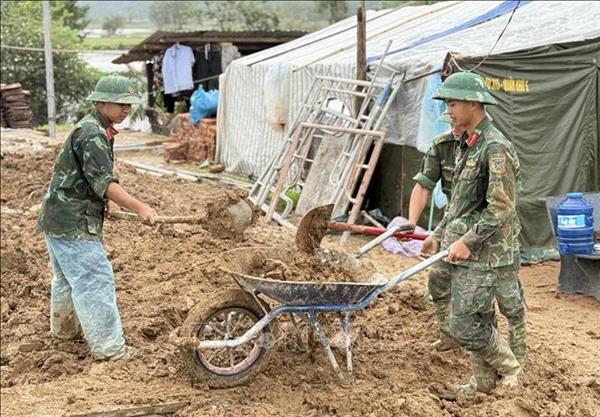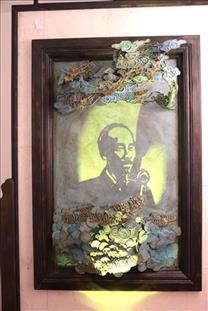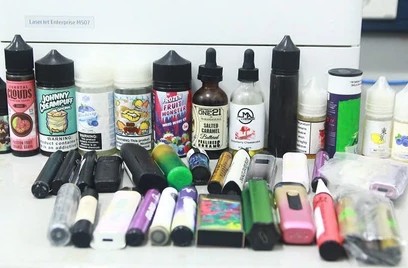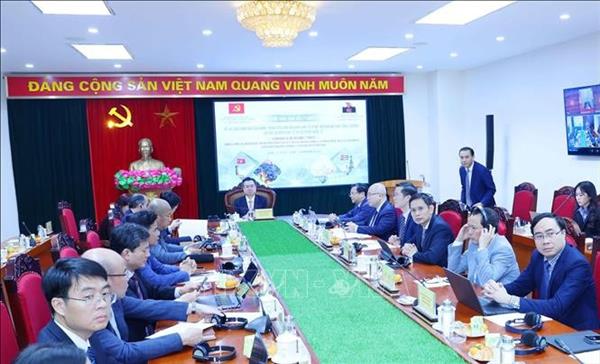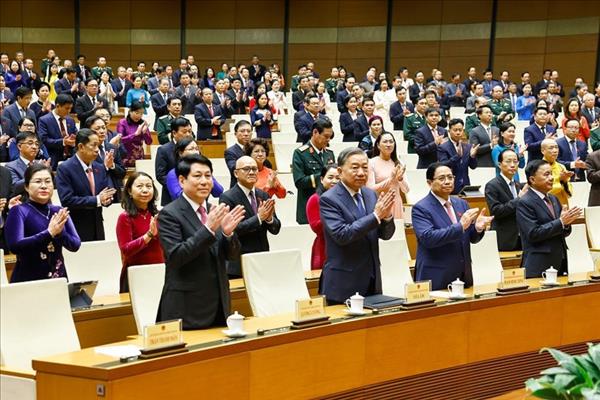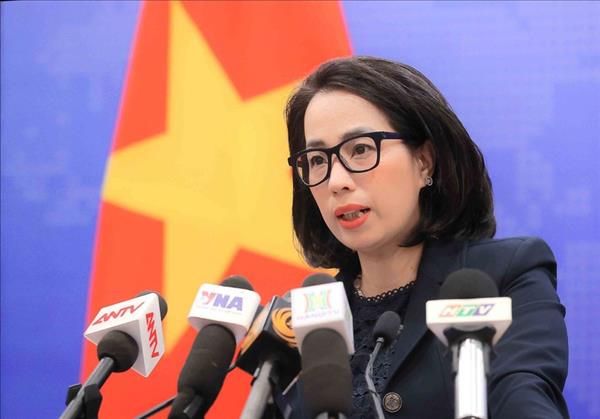Prime Minister Nguyen Xuan Phuc; Deputy Prime Minister Vuong Dinh Hue; as well as leaders of ministries, agencies, the Vietnam Chamber of Commerce and Industry (VCCI), and World Bank (WB) attended the event.
Speaking at the event, Finance Minister Dinh Tien Dung said as of July 15, 11 ministries and agencies connected and conducted 53 administrative procedures with over 1.34 million files by 11,812 businesses via the national one-stop shop mechanism.
All customs procedures have now connected with the mechanism, with 99.65 percent of firms joining.
By the end of 2018, an additional 143 procedures will be launched on the mechanism, raising the total to 196, or 78 percent of the total 251 procedures which will be launched between now and 2020.
Regarding the ASEAN one-stop shop mechanism, Dung said as of January 1, 2018, Vietnam officially exchanged form D certificates of origin (C/O) with Singapore, Malaysia, Indonesia, and Thailand. As of July 15, Vietnam received 32,949 certificates from the above countries while sending 14,214 ones to them.
Vietnam is working with Brunei, Cambodia and the Philippines to establish a system to pilot the exchange of form D C/O, and is partnering with Thailand, Indonesia and Malaysia to launch a pilot system to exchange ASEAN customs declarations. Apart from the ASEAN, Vietnam is also negotiating to complete protocols and build a system to share information with the Eurasian Economic Union about customs declarations and C/O.
VCCI Vice President Doan Duy Khuong said the business community wishes that the Government would further expand the scope of the national one-stop shop mechanism and make sweeping reforms on specialised inspection.
Representatives of international organisations and development partners such as the WB, the European Union, the US, Japan, and the Republic of Korea spoke highly of the Vietnamese government’s reform in the field, hoping that with the help of technical support projects, Vietnam will soon join the global supply chain.
A WB representative reported that the customs clearance for Vietnam’s exports at border gates was brought down from 58 hours to 55 hours last year, and from 62 hours to 56 hours for imports into Vietnam. The cost of customs clearance for a batch of goods at border gates was reduced by 19 USD.
With over 11 customs declarations last year, businesses saved upwards of 200 million USD and over 16 million hours of storage for exports and more than 34 million hours for imports.
According to the WB’s “Do Business” report for 2016-2017, Vietnam continued to be one of the four countries with the highest trans-border goods exchange in ASEAN.
Deputy Minister of Industry and Trade Nguyen Quoc Khanh suggested improving the technological capacity and agreeing on the principles for specialised inspection among ministries and agencies.
Director of the Central Institute for Economic Management Nguyen Dinh Cung called for reducing more goods subject to specialised inspection, saying that 4,000 kinds of goods exempt from specialised inspection in the next four years is a modest figure.
According to him, half of the goods are currently subject to overlapping inspections by two or three ministries, or two or three agencies under a ministry, which, he said, should be changed soon.
He requested that 350 legal documents should be revised soon, including circulars regarding unreasonable business costs.
There should be a further step toward standardising and digitalising procedures in order to complete the e-government portal by 2020, he said, adding that it will be a strong breakthrough for the economy.
VNA/VNP

